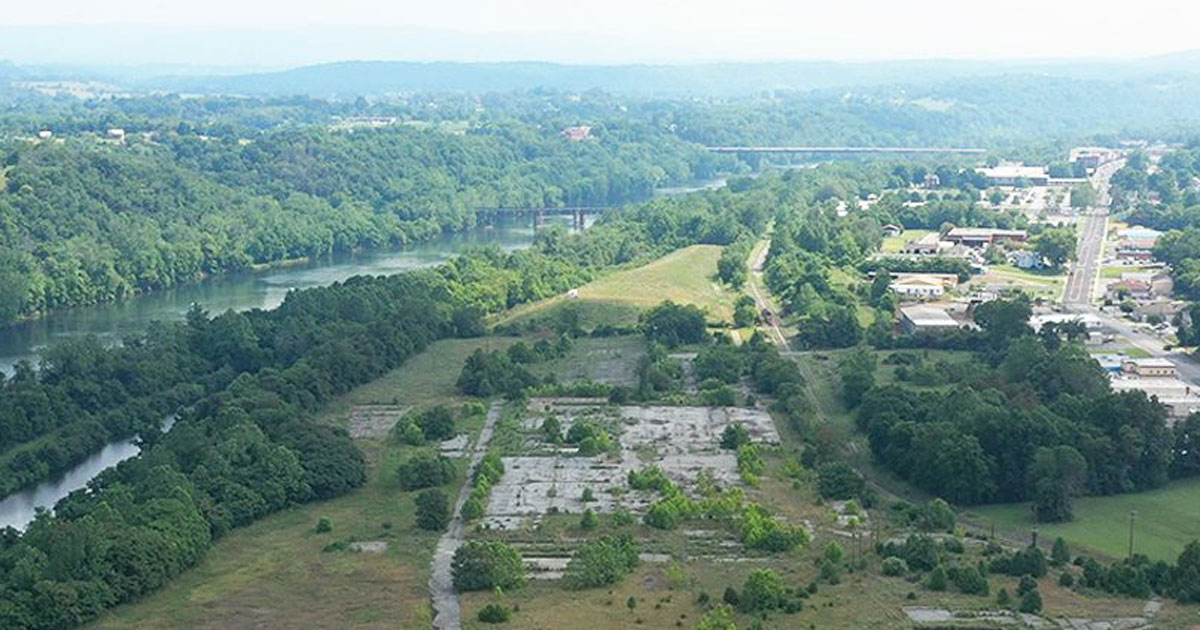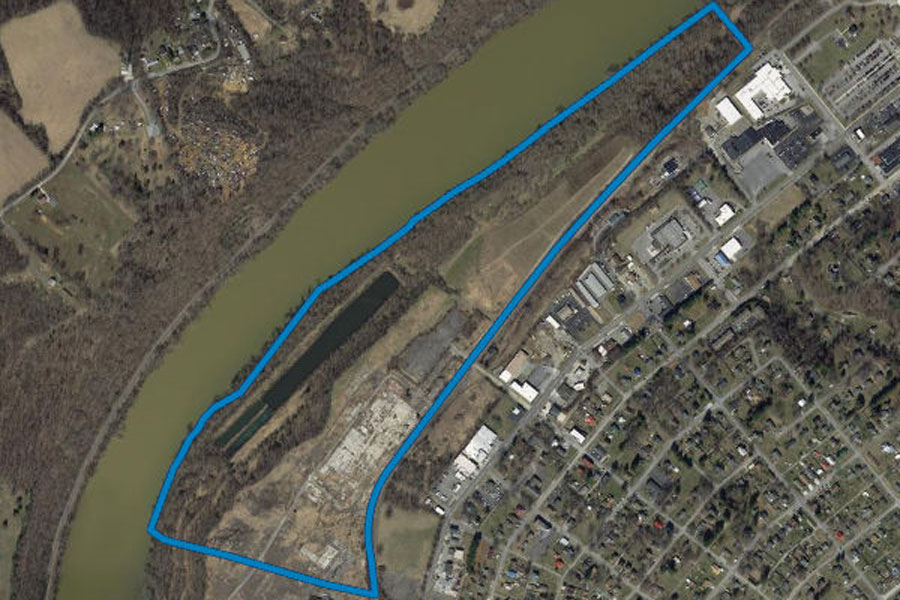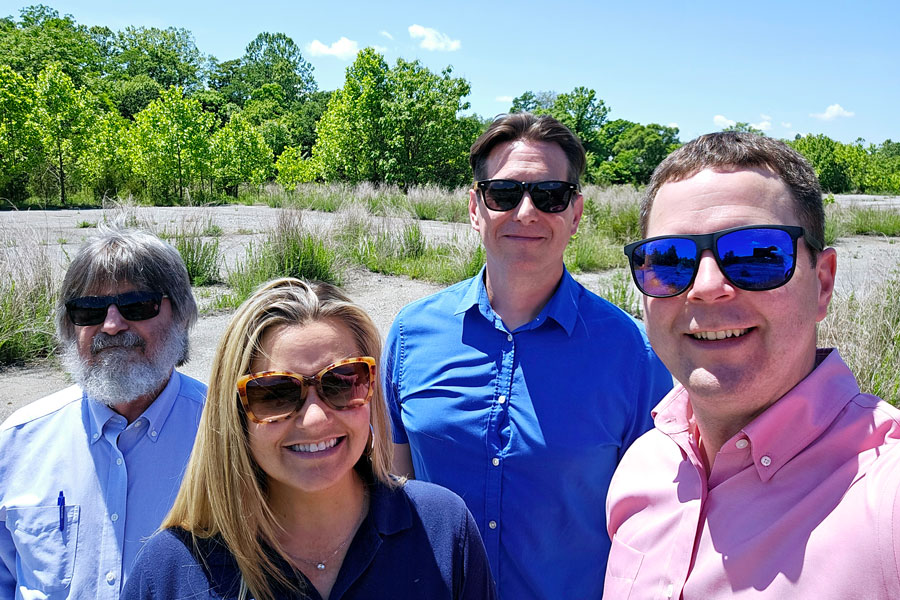University-City partnership awarded ARC grant to support former foundry site redevelopment efforts
by Justin Ward
September 19, 2024


A grant awarded to Radford University enables students to lead two interdisciplinary research projects this fall. Students will investigate redevelopment possibilities for the historic Radford Foundry site, a key industrial property acquired by the City of Radford in 2023.
The Appalachian Regional Commission (ARC) generously supplied the funding to participate in the Appalachian Collegiate Research Initiative (ACRI). The $8,000 grant award will support the projects, with $2,000 specifically designated for use by the City of Radford.
Through two course-based projects, one within the Honors College and the other housed in Appalachian studies, students will work with the City of Radford’s Department of Economic Development to assess potential future uses of the former foundry site. The property, which once housed the Radford Iron and Coal Company, is now a priority for revitalization, with plans to transform the 80-acre site into the West Radford Commerce Park, a multiuse space combining business, recreation, and green spaces.
"The goal will be to develop an interdisciplinary approach to evaluating the property’s best uses, focusing on both its unique qualities and similar redevelopment projects," said Jason Davis, professor and leader of the Honors College team. "Students will present general recommendations to the City of Radford, giving the community insights on how the foundry can be reimagined."
Students will explore a variety of facets of the redevelopment process, including historical research, community interviews, and comparative studies of similar post-industrial projects across Appalachia. The aim is to develop proposals for sustainable, community-focused development that reflects the city’s needs and cultural heritage.

"Working on this project provides students an opportunity to gain real-world experience in addressing community challenges," said Tim Thornton, adjunct faculty and leader of the Appalachian studies team. "Not only will they apply their classroom knowledge to a live project, but they’ll also be contributing to the city’s long-term growth."
As part of the ARC grant, students will present their findings both locally and nationally. In addition to delivering a report to the City of Radford this fall, students will travel to Washington, D.C. to present their research at the ACRI Capstone Symposium in December. They will showcase their proposals to ARC leadership, community representatives from across Appalachia, and other student teams involved in the program.
Kim Repass, Radford’s Director of Economic Development, expressed enthusiasm for the collaboration. "The transformation of the Radford Foundry site is critical for our city’s future, and this partnership with Radford University will provide students with real-world work-based learning experiences. We’re thrilled to have students engaged in this important work."
The partnership with the City of Radford was facilitated through the Radford University Division of Economic Development and Corporate Education. Charlie Jewell, director of economic development, worked closely with the faculty members and city staff to help forge this impactful, community-based project.
The Appalachian Regional Commission’s ACRI program, coordinated by East Tennessee State University, has been connecting students to community-based economic development initiatives since 2001. The program aligns with ARC’s broader goals of addressing community challenges, including downtown revitalization, sustainable development, and improved access to healthcare and education.
For more information on the ACRI and this year’s research projects, visit www.arc.gov/ACRI.